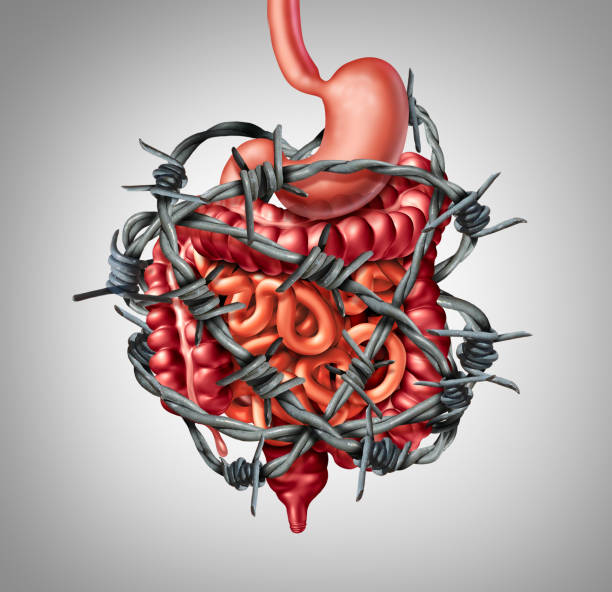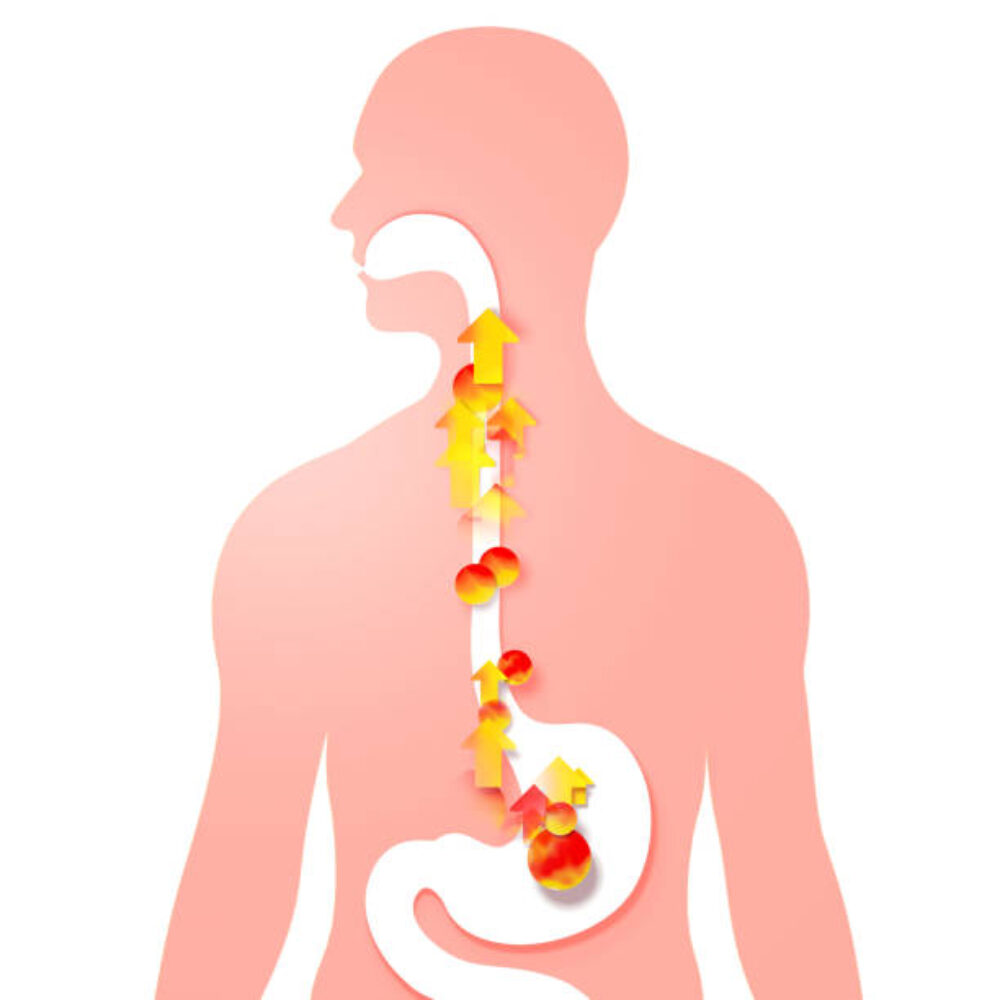As a result of our daily food intake, the essential part remains inside the body, and the undigested part is regularly excreted as stool. If it is disturbed, then the difficulty arises. Constipation is a painful and debilitating problem, especially for the elderly, but patients of all ages can be affected.

What is constipation?
We use the term constipation only when the stool is hard. If it is difficult to defecate day after day and the stool is hard, dry, and difficult to pass, then it is called constipation. In medical science, constipation is defined as having fewer than 2 bowel movements per week.
Who suffers from constipation?
Constipation can occur at any age. However, research has shown that it is more common in older people. It is also more common in women than in men. Children transitioning from mother’s milk to solid foods often experience this condition. Additionally, patients who are immobile due to other illnesses (and are required to lie down) frequently experience constipation.
If there is abdominal pain, some tests may be needed to determine the underlying cause. During such times, it is advisable to make arrangements under a doctor’s guidance to avoid complications.
What are the symptoms of constipation?
Constipation is defined as having fewer than three bowel movements per week. Other symptoms that may be present include:
- Dry, hard stools
- Larger than usual stool size
- Difficulty during defecation
- Sensation of incomplete emptying of the stomach
- Abdominal pain, bloating, or nausea

Causes:
There are various causes of constipation. Many people may experience constipation with or without an underlying disease. It can also be a symptom of various complex conditions. The causes include:
- Low intake of fiber and vegetables
- Regular consumption of fast food and excessive food
- Irregular and inadequate food intake
- Insufficient oil consumption in food, leading to bloating
- Inadequate water intake
- Irregular and hurried defecation
- Emotional stress and anxiety
- Lack of physical activity or exercise
- Deficiency of potassium and magnesium
- Consumption of stimulants such as tea, coffee, alcohol, and smoking
- Prolonged bed rest following an accident or illness
- Digestive disorders and abnormalities of the anus and bowel
- Age (older adults) and pregnancy
- Side effects of various medications, including painkillers, antihypertensives, antacids containing aluminium or calcium, and iron supplements.
How to alleviate constipation?
Constipation can often be relieved by avoiding its causes. Here are some home remedies:
1. Increase fiber intake in your diet:
Include fiber-rich foods, such as green vegetables, fruits, pulses, and whole grains like wheat flour and brown rice. Ash gourd juice is a natural remedy for relieving constipation. A daily fiber intake of around 30 grams is recommended for constipation ease.
However, increase fiber gradually to avoid complications such as bloating and severe lower abdominal pain. For example, if you ate one fruit yesterday, aim for two today and consider adding nuts to your diet. If you are reluctant to consume cooked vegetables, start by consuming raw vegetables such as tomatoes, cucumbers, and carrots.
2. Drink at least two liters of water daily:
Water softens the stool and helps relieve constipation. Fiber-rich foods absorb a lot of water, so it’s important to increase your water intake along with fiber. Adequate fiber and water intake usually resolve constipation within a few days.
3. Engage in regular physical activity or exercise:
Regular physical activity or light exercise helps keep the body active and the stool soft. Aim for at least two and a half hours of moderate exercise, such as brisk walking or cycling, each week if you are between the ages of 19 and 64.
Consider more vigorous exercise such as running, football, skipping rope, or swimming for at least one hour or 75 minutes per week. Heavy exercise can also promote regular bowel movements.
4. Avoid delaying bowel movements:
Holding in stool can exacerbate constipation and lead to various health issues, including hemorrhoids and anal fissures. Therefore, always go to the toilet as soon as you feel the urge.
For those with constipation, the best way to have a bowel movement is to sit on a pan or low commode. So if possible, you can use a low commode.

And if you have to use a high commode, you can sit with a small tool under the legs so that the knees are above the two waists. It will make bowel movements easier. We have attached a picture below for ease of understanding.
5. Improve mental health:
Engage in activities that relax your mind, such as taking walks, praying, or spending time with loved ones. Seek treatment for depression or anxiety if you suffer from these conditions, as improving your mental state can gradually improve constipation.
6. Be aware of medication side effects:
If constipation occurs after starting a new medication, inform your doctor. They may adjust your medication or prescribe additional treatment for constipation.
When to consult a doctor for constipation?
Consult a doctor promptly under the following circumstances:
- Home remedies fail to resolve constipation.
- You have been experiencing regular constipation or bloating for an extended period.
- Diarrhoea develops after a prolonged period of constipation.
- You notice blood in your stools or dark, tarry stools.
- You experience pain during bowel movements.
- Constipation is accompanied by abdominal pain or fever.
- You experience persistent fatigue.
- Unexplained weight loss or dehydration occurs.
- You suffer from anemia.



